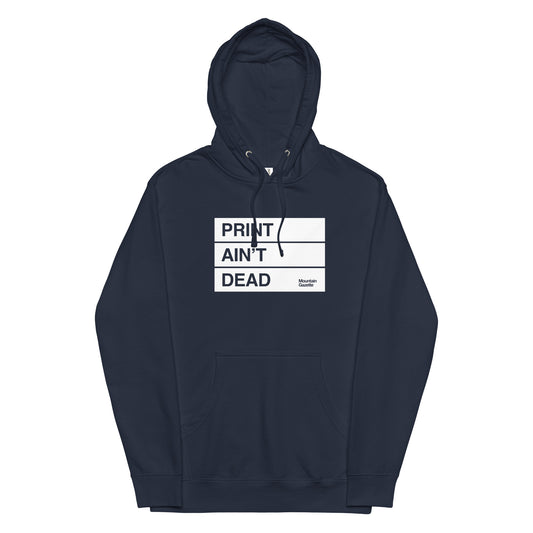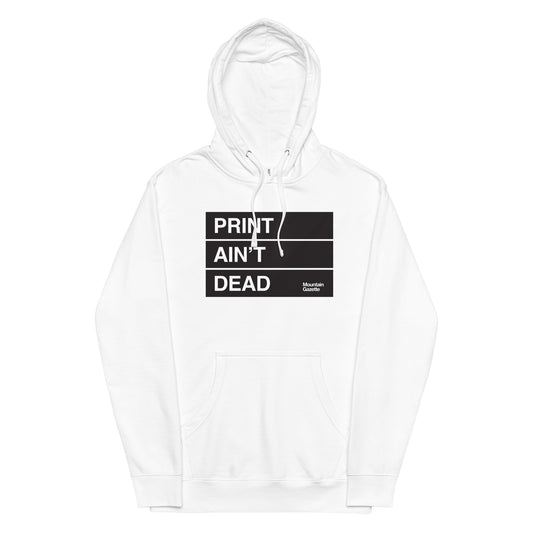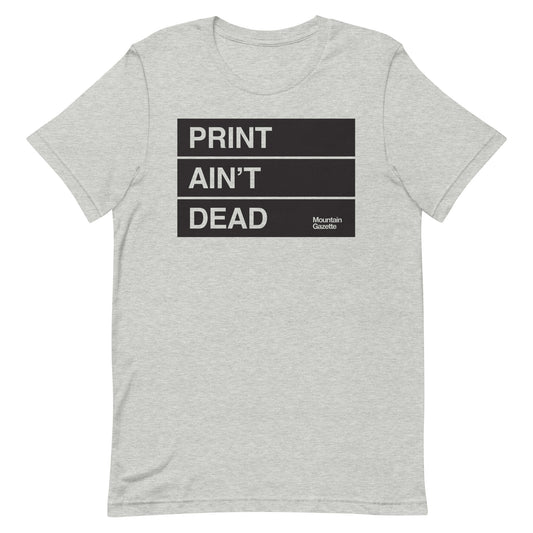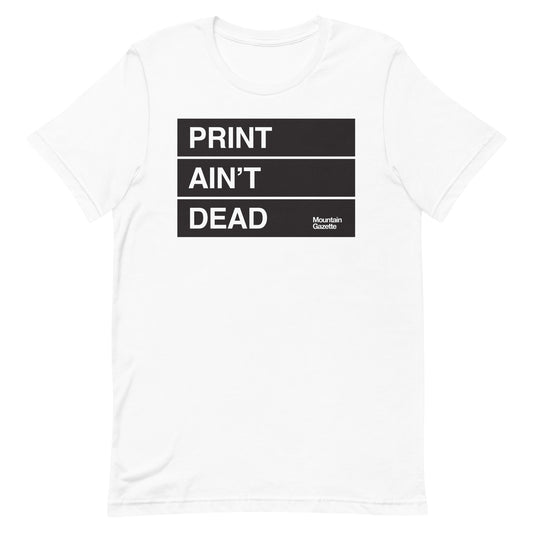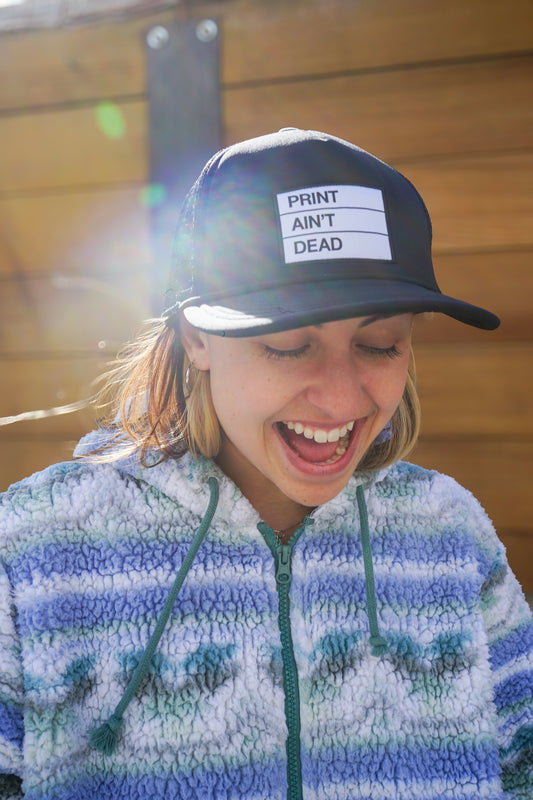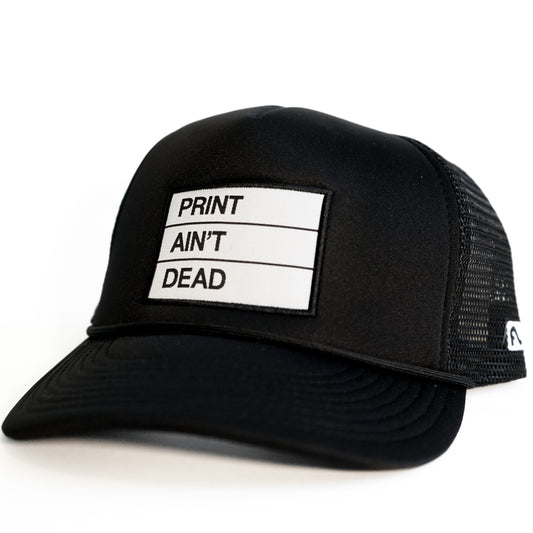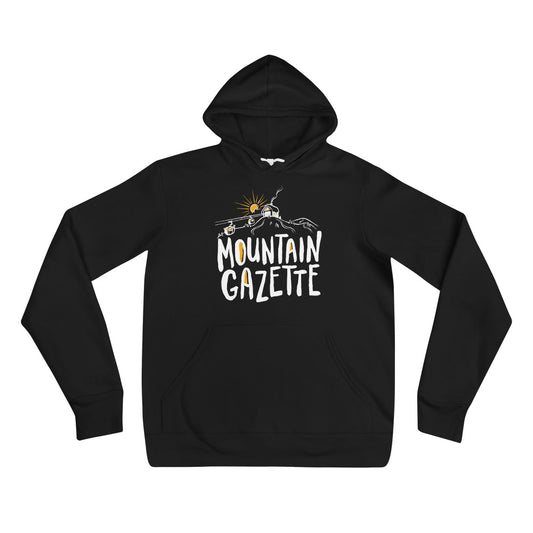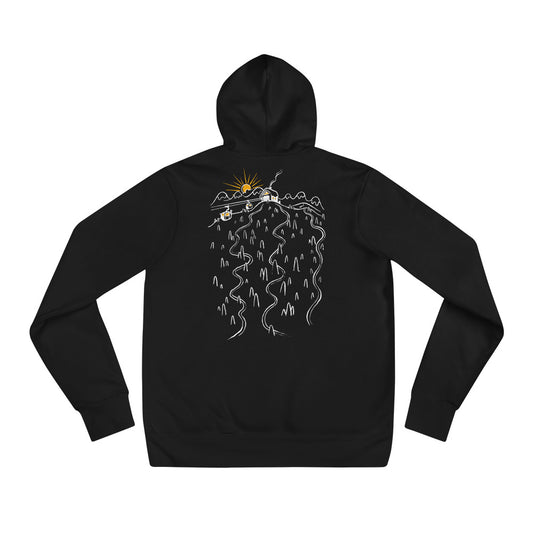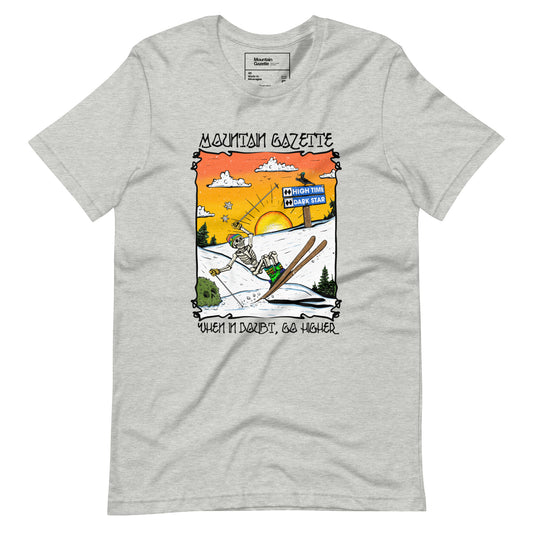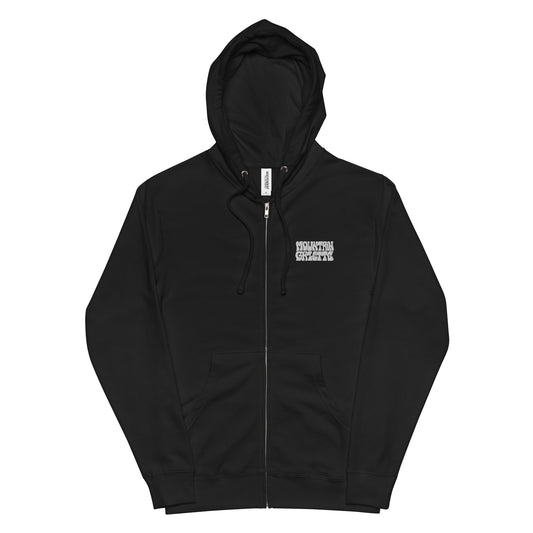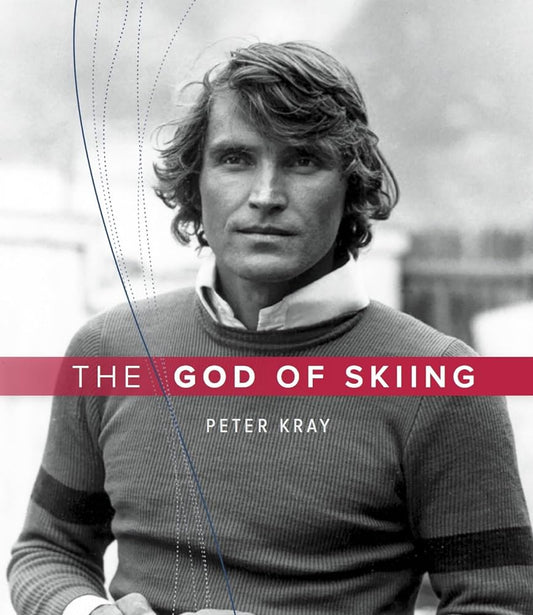By Hannah Truby
Running & The Running Ground
Hannah Truby: On the "LetsRun" podcast, you said you were interested in telling two stories for "The Running Ground"—one about your running and another about your father. Were those always the twin threads, or did one evolve out of the other?
Nicholas Thompson: They were always two. There was this interesting story about how I got faster as I got older, and that story couldn’t be told without telling the story of my father, and my father’s story is an amazing one. And of course, my running story is also inextricably tied to my cancer diagnosis. You can’t tell one without the other
HT: In it you write, “I held on tight to running because I came to believe it would both bring me closer to my father and help me avoid becoming him.” I’m curious—how has running allowed you to hold that tension, to both connect with your father and define your own path?
NT: My father introduced me to the sport. When I run, each time I think about watching him run the marathon when I was seven. So that's the hold on part. And it's true that I started running more intensely after he died, but to not be him. My father led a very chaotic and frenetic life at the end, and he let his discipline drop, he kind of lost the things in his life that were the centripetal forces. I know how hard it can be to grow old and how hard it can be to manage your career when you’re someone who had high expectations, both for yourself and externally, and so I needed to not let the sort of forces that unraveled him unravel me, and one of the keys to that, I think, is running.

Photographed by Nike
HT: It’s a big departure from your first book, which was a political biography. How did you navigate the vulnerability of writing about personal subjects this time—family, health, and past challenges? Did you ever hesitate?
NT: I definitely hesitated to write something so personal. But I felt like I had a story that would move people, that would help them understand this sport and the experience of running. I used "Barbarian Days" as a model—it’s a surfing memoir that makes you feel the obsession, the life of the sport, even if you’ve never surfed. I wanted to do the same with this book: Give readers a window into the story and into the way running shapes a life.
HT: Running is often described as a form of meditation or self-reflection, a theme you touch on in the book. How has running shaped your thinking about life, focus, and, even, suffering?

Photographed by Sarah Stafford
NT: The meditation part is fairly simple. Running is a release, a way to free your mind and step out of the churn of daily life. My job involves a lot of relentless response—something comes in, you process it, move it out. Running is a break. With pain, it’s more nuanced. Sometimes pushing yourself into a place of pain helps you handle pain. I have a friend who runs mountain races; he used to have an addiction to drugs and alcohol and he likes to push himself into dark places so he remembers what dark places feel like and never goes back to them. Running can help you process hard things or remember them without being consumed.
HT: You’re planning a marathon with one of your sons, is that right?
NT: Our goal is that when he’s 18, we’ll run the New York Marathon together with a combined time under 6 hours. You heard it here first: For the 2028 New York marathon, Zachary Thompson and Nicholas Thompson, add our times together it's gonna be under six! Hope you print that.

Photo courtesy of @nxthompson / Instagram
Media & Leadership
HT: I want to pivot a little here. Because Mountain Gazette is built on this idea of slowing down, and reconnecting–with stories, with nature, with yourself–I have to ask you a few questions about media and attention today.
HT: As CEO of The Atlantic, you lead one of the most influential and respected media organizations in the world. What have you learned about earning and sustaining readers’ trust and holding their attention in today’s hyper-fast, 24-hour news cycle?
NT: One thing I’ve learned is that if you do amazing journalism, people will read it from beginning to end. This whole notion that no one can concentrate–I haven’t seen it. If you put out a great story, people read it. And if you do great journalism, people will pay for it. You don’t want to be too cute about it. You do everything you can to market and brand it properly, but at its core, you do amazing work, fact-check it, make it beautiful, and people will engage.
HT: In recent years, the media landscape has shifted fast–trust is fragile, attention is fleeting, and information never stops. In your opinion, how does journalism shape a reader’s sense of time, attention, and perspective in a world full of distractions? And what purpose do you think it ought to serve today?
NT: If you do great work, people will pay attention. People want depth and clarity. Young people read long-form stories beginning to end–attention is not dead, it’s just selective. Journalism should help people understand the world, focus on what matters, and give them a lens for perspective. It’s about slowing down, reflecting, and engaging thoughtfully.
HT: Some people might say readers, especially young ones, are too distracted to focus for long periods.
NT: You hear a lot of people say, ‘Young people, they’re too distracted, they can’t focus for more than three seconds.’ But look at marathons. You notice how many young people just ran the New York Marathon?
HT: For people in their 20s and 30s, I hear running a marathon is the new quarter-life crisis.
NT: That’s funny. Not a bad life crisis.
HT: In addition to leading The Atlantic, you host "The Most Interesting Thing in A.I." podcast—two roles I imagine demand a lot in terms of staying informed, planning episodes, and thinking ahead editorially. How do you practice staying present, both in your work and in your personal life?
NT: You block time. You say, “I’m going to read. I’m not doing meetings.” The reactive stuff piles up–your inbox, committee check-ins–so you have to protect space to think. I also force myself to read widely. The second I stop learning is the second I start dying.
HT: Since you took the helm, The Atlantic has seen record subscriber growth, stronger financials, and several major editorial wins. What advice would you give journalists or media leaders navigating this era of disruption?
NT: Be relentless about finding the right model to support your passion. Get readers the right stuff in the format they want. If they like reading on an app, make it available there. If they like print, give it to them in print. Respect how people consume content, meet them where they are, and help them engage in a focused way.
HT: I know you also write a monthly newsletter about the best things you’ve read recently. So: what's the best thing you've read recently?
NT: I’ve been thinking a lot about James Baldwin’s “Giovanni’s Room”. I was trying to understand my father, you know. It's the most extraordinary portrait of gay life and gay love that I’ve ever read–and the pain and complexity of being closeted. It's from a different era, he wrote it 20 years before my father came out, but I thought it offered a real window into my dad's life.
HT: What’s next for you–whether media, writing, running, or otherwise? What “ground” are you hoping to cover next?
NT: I want The Atlantic to continue growing subscribers, increase advertising revenue, and extend its reach. On the personal side, I want to set the American record in the 100k. And, of course, my son and I are training for the cumulative sub-six-hour New York Marathon in 2028.
“The Running Ground: A Father, a Son, and the Simplest of Sports" is now available in Hardcover, eBook and Audio formats. Buy it at Amazon or support independent booksellers here.

David_Hashim


